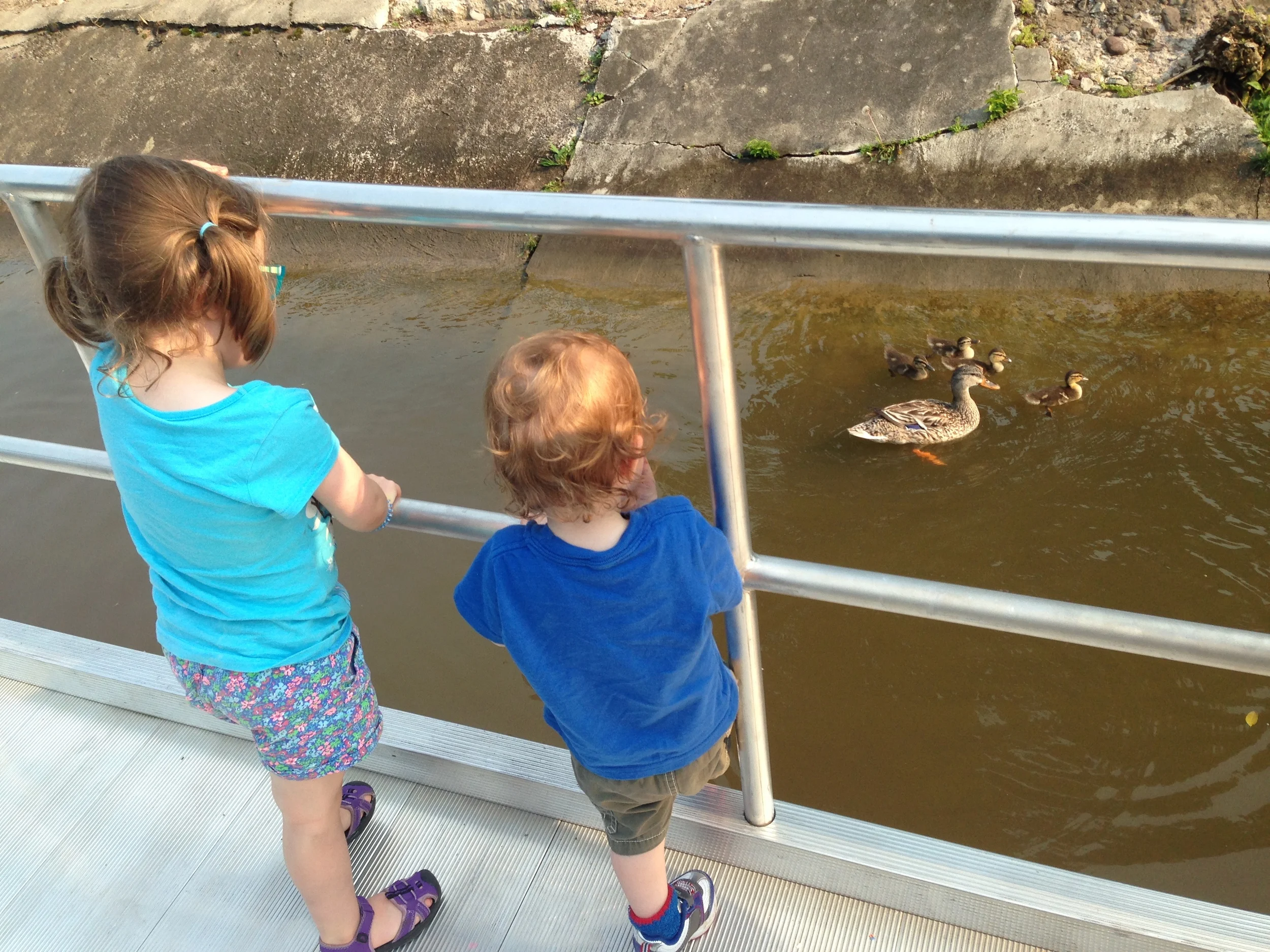Tris Smith was the greatest combination of intelligence and kindness I have ever known.
The distinction is one he won in my heart without my knowing and secured in my mind as he mentored me toward my dissertation. He listened to my cynicism and endured my self-doubt, giving me hope and confidence at a time when I lacked it and sorely needed it.
Today marks 1 year since his passing.
Much has been written and said about Tris’ contributions to the field of psychology and his care for those in it – both patients and providers – so I will not belabor a point better made by others.
Tris examined the impact of early intensive behavioral intervention for young children with autism spectrum disorder. This work began about 15 years ago and a follow-up study recently looked at how these children are now faring as adolescents and adults.
The clinical research Tris led lives and breathes still.
Participants who were once children in these studies are now adolescents and adults, and I have had the fortune of knowing a few of these people as patients. I know that much of their progress is due to their own hard work and that of their families’, but I often think of Tris and his belief in scientific progress when I meet with them. I see the impact of his work every day.
During my training, Tris gave me the opportunity to work on a clinical study that focused on helping parents and caregivers learn strategies to support their young children with autism. This experience has shaped how I work with families and led me to adopt an approach that generally insists on getting to know parents as well as their children as part of helping the family as a whole.
Tris gave so much that it’s hard to imagine anyone filling the space his absence leaves. On learning of his passing last year, I shared a few words with others. I share them again here:
It is beyond my ability to summarize his intellectual contribution to the field of autism research. He studied under Ivar Lovaas as part of the initial group of researchers at UCLA who used the scientific method and randomized clinical trials to quite literally prove that therapy could help improve the lives of children with autism. He expanded on this research at the University of Rochester Medical Center and showed further how parents could learn strategies to improve the behavior of their children with autism in home and community settings. His more recent research reached directly into school districts and minority communities.
His contributions to the field of autism research are innumerable and incalculable. The work he led and supported will ripple out for many years after his passing. Tris was on my dissertation committee and the person I most credit with my being able to defend my dissertation. He was a consummate mentor. He was a mensch and will remain a saint to those who knew him well.


